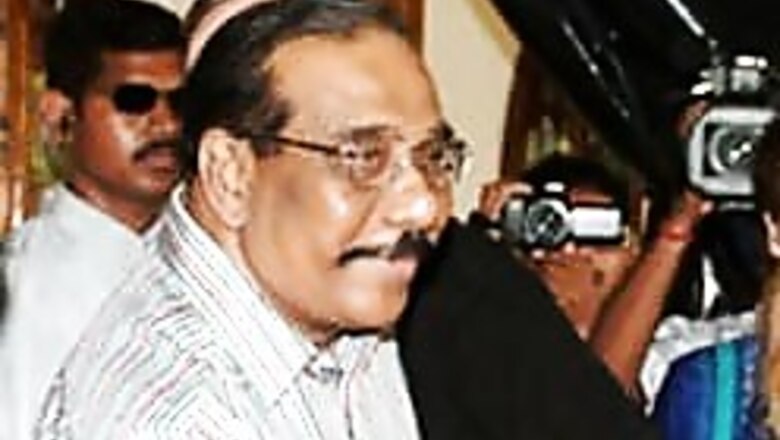
views
New Delhi: A senior Tamil Tiger leader apologised to India for the 1991 assassination of former Prime Minister Rajiv Gandhi, by a Tiger suicide bomber.
"I would say it was a great tragedy, a monumental historical tragedy for which we deeply regret and we call upon the Government of India and the people of India to be magnanimous to put the past behind," the Tigers' chief negotiator Anton Balasingham said in an interview to a news channel.
LTTE killed Rajiv Gandhi to protest India's involvement, during Gandhi's tenure, in Sri Lanka's civil war. The Tigers have acknowledged their role in the attack in the past, but this is the strongest expression of regret yet from them.
The LTTE had initially denied any involvement in the killing of Rajiv Gandhi, who was blown up at an election rally at Sriperumbudur near Chennai by a LTTE woman strapped with explosives.
Once Indian investigating agencies proved that the LTTE was very much involved, the Tigers changed track.
At an April 2002 press conference by LTTE chief Velupillai Prabhakaran in Kilinochchi, Balasingham called the Rajiv Gandhi killing a 'thunbiyal' (sorrowful event).
This is the first time that anyone as senior in the LTTE as Balasingham, one of the oldest confidants of Prabhakaran, has virtually admitted the Tigers' role in the assassination.
Asked if the LTTE could promise that it would not commit such acts again, Balasingham said, "We have made pledges to the Government of India that under no circumstances we will act against their interest."
He said India had 'played a detached role' in Sri Lankan affairs since the assassination.
"What we feel is India should be actively involved in the peace process. India has been silent for the last 15 years and has adopted a detached role. Now that there is possibility of war emerging, India has to face challenges and adopt a new foreign policy towards Sri Lanka for which the relationship between the LTTE and India is crucial."
"I think we are prepared to build a new understanding, a new relationship with the Government of India provided India makes a positive gesture. Everything is now upto India because we have already pledged that we will never to do anything against the geo-political interest of India," he said.
"If the past is put aside and a new approach sought, then there is the possibility of India playing a positive active role in bringing a resolution to this conflict," he added.
However, Balasingham underlined the fact that LTTE did not want from India, any 'military intervention as has happened in the past', and made it clear that India cannot play the mediator's role as long as it keeps the LTTE outlawed.
India had banned the LTTE as a terrorist organization in 1992 and Prabhakaran is wanted in India for Rajiv Gandhi's assassination.
Balasingham said that without a working relationship between the India and the LTTE, it would be difficult for India to play the role of a mediator.
"The only role which India can play now is to diplomatically and politically persuade Sri Lanka and LTTE to seek a negotiated settlement rather than getting involved in a military confrontation."
Balasingham also referred to Prime Minister Manmohan Singh’s recent appeal to Sri Lankan President Mahinda Rajapakse not to allow the armed forces to kill innocent civilians and to go in for some form of regional autonomy.
"This kind of diplomatic intervention is crucial. It would help to protect our people from being subjected to genocidal operations by the Sri Lankan armed forces and also help both the parties to go in for a negotiated settlement."
He agreed that a mass exodus of Tamils from Sri Lanka to India triggered by fresh fighting 'will create far-reaching political consequences'.
He also referred to appeals from Tamil Nadu Chief Minister Muthuvel Karunanidhi to New Delhi to intervene in Sri Lankan affairs.
"India is responding in that aspect. Therefore as you say India has genuine concerns, geopolitical and national interests in the resolution of this conflict."
The LTTE ideologue described India as 'the regional superpower in South Asia' and said India just cannot ignore 'this conflict' in her backyard.











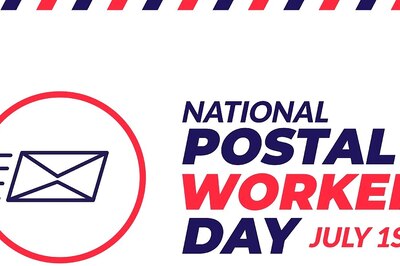
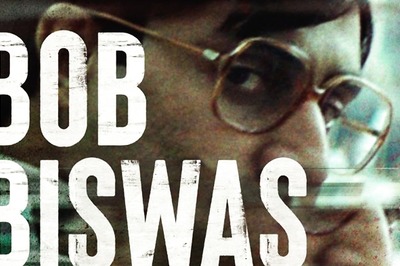

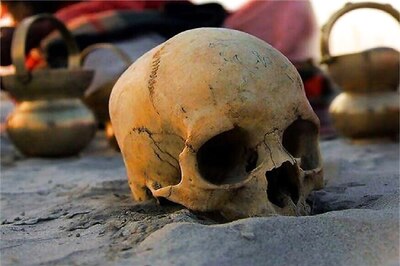



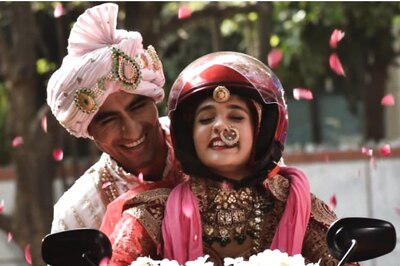

Comments
0 comment